The electrical specialist for defined tasks – or ESfdt for short – is a highly restricted form of electrical specialist. In principle, the ESfdt is regarded in the same way as an electrical specialist within their area of responsibility, but with very clear boundaries. The ESfdt is allowed to work independently. It may carry out electrotechnical work on its own responsibility, including the disconnection and commissioning of electrotechnical systems or equipment, without an ES having to take over management and supervision. This means that the electrical specialist for defined tasks is considered to be an electrical specialist in the sense of DGUV Regulation 3, but with the addition “for defined tasks“, i.e. only for the work for which he has a work instruction and for which he has been instructed. Without work instructions, an electrical specialist for defined tasks may only be used as an electrotechnically instructed person. A NOT provided, i.e. free troubleshooting, may only be carried out by an electrical specialist.
The training criteria for an electrical specialist for defined tasks are specified in DGUV Principle 303-001. The special background here is that a company can also have employees without electrical engineering training and without years of experience qualified as ESfdts. Depending on the initial qualification and subject area, such a qualification measure lasts, for example, two weeks for theory and practice. However, it is recommended to let an ESfdt work like an electrotechnically instructed person under the direction and supervision of an ESfdt after he/she has been qualified, both to give him/her the opportunity for supervised familiarization and to wait for an assessment by the ESfdt as to whether the latter really considers the employee in question to be suitable for use as an electrical specialist for defined tasks. If there are specialized ESfdt courses, you should also prefer them over general ones. In the high-voltage area of electromobility, this is even mandatory; there, they are called either specialists for high-voltage systems, as defined in DGUV Information 200-005, or, since 2021, specialists for high voltage (ev) according to DGUV I 209-093.
Our free(REALLY free, even WITHOUT having to provide an email address!) paper “5 Things You Must Have Clarity About Before Qualifying and Deploying Your Employees for Electrical Engineering Work.” can be accessed here (click).
If you would like to know more about the different roles, in particular those of the EiP, ES, CRES and especially those of the CRES and how they interact, I recommend our publications, for example the audio book “Die Verantwortliche Elektrofachkraft: CRES-Struktur und Betriebliche Elektrosicherheit für Unternehmer, Fach- und Führungskräfte”. Information and sources of supply can be found on the usual audio book portals as well as on the homepage tcs-engineering.de
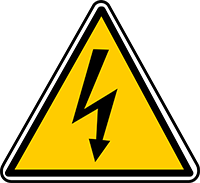


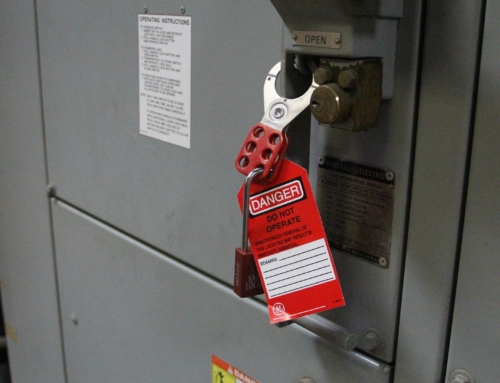


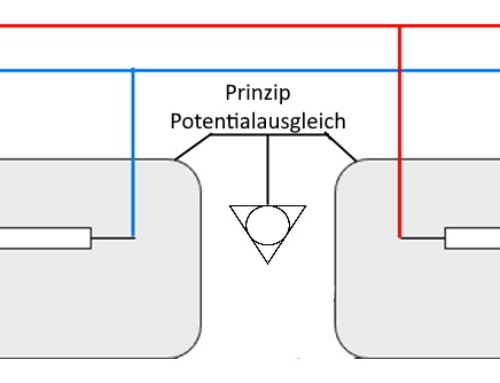
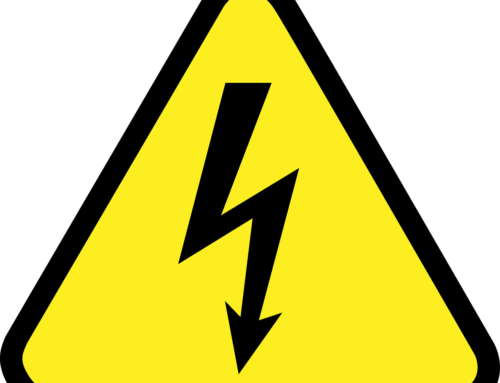


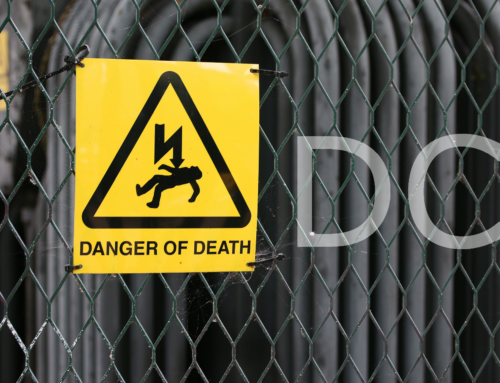
Leave A Comment